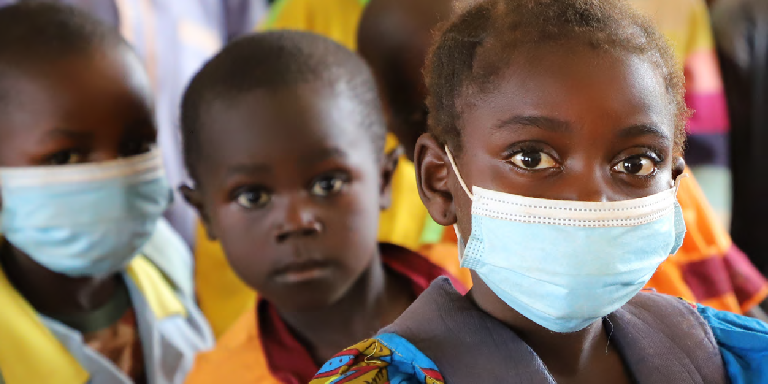
The COVID-19 crisis has affected economies around the world and shocked every sector from health and the environment to education and jobs to the macroeconomy and government debt, to name just a few. The impacts of the pandemic have cascaded into developing markets and hit vulnerable populations especially hard. COVID-19 has severely disrupted access to many essential health services, particularly in the poorest nations with the most fragile health systems, and has spawned the worst crisis to education and learning in a century. Rising global inequalities, lagging progress in economic and social development, multiple prolonged violent conflicts, and increased forced displacement have all been exacerbated by the pandemic. Women and girls have borne the brunt of impacts at work and in the home.
The World Bank Group has mounted a broad and decisive response to the crisis—the largest in its history. From April 1, 2020 through June 30, 2021, the World Bank Group committed over $157 billion, including $45.6 billion in financing from the International Bank for Reconstruction and Development (IBRD) for middle-income countries, $53.3 billion in concessional financing and grants from the International Development Association (IDA) for the poorest countries, $42.7 billion from the International Finance Corporation (IFC) to private companies and financial institutions, $7.6 billion in guarantees from the Multilateral Investment Guarantee Agency (MIGA) to support private sector investors and lenders, and $7.9 billion for recipient-executed activities supported by trust fund resources.
